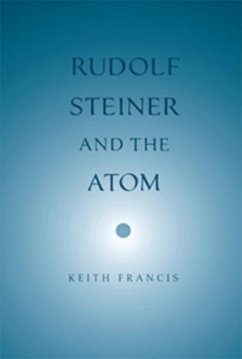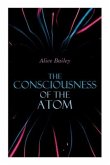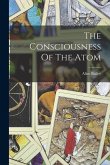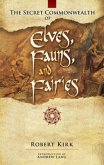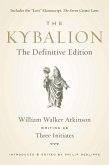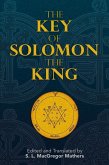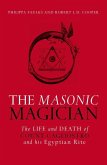"This book is intended for people who have some knowledge of Rudolf Steiner's work, but I have tried to make it accessible to those who are new to Anthroposophy. And if you have no specialist knowledge of physics or mathematics, don't be scared when you see an equation--there are only a few and you can just read around them!" --Keith Francis In Rudolf Steiner and the Atom, Keith Francis explores the concept of the atom from ancient Greek times to contemporary quantum physics and relates this compelling but elusive concept to relevant statements by Steiner. His discernment and intimate knowledge of his subject, honed and enlivened through his years as a Waldorf physics teacher, transform what could be mental drudgery into a fascinating reevaluation of the enigmatic atom. The title evokes the question of whether Rudolf Steiner's spiritual-scientific research can shed any meaningful light on what might be deemed the most materialistic of human pursuits. These antipodes of human striving are, in fact, intimately connected by the rigorous thinking, sheer intelligence and spiritual integrity that characterize them both. What is especially valuable about Keith's work is that he is careful not to attempt an easy synthesis of points of view that are commonly regarded as worlds apart. If he goes out on a limb, he is nonetheless fully conscious of doing so. He leaves us with many questions--and with a more profound appreciation of this challenging theme and its critical importance for us today. CONTENT: Author's Note Introduction I. The Atom - A Historical Background (i) Prelude in Greece (ii) Elements and Principles (iii) The Way of Truth (iv) Atoms (v) Roadblock (vi) Atoms back in Vogue (vii) Making Waves (viii) Rudolf Steiner meets the Atom (ix) Rejection (x) The Age of Electricity (xi) The Electrical Atom and Human Thought II. A Background for Quanta (i) Origins (ii) Thermal Radiation (iii) Enter Max Planck . III. Steiner in the Quantum Age (i) Physical Science and Spiritual Science (ii) The Goethean Alternative (iii) The Primal Phenomenon IV. Bohr's Atom - Antecedents (i) Periodic Tables (ii) From Siberia with Love (iii) Predictions and Confusions (iv) The Hydrogen Spectrum (v) Cathode Rays (vi) The Unstable Atom V. The Rutherford-Bohr Atom (i) Bohr Gets Involved (ii) The Hydrogen Atom (iii) Beyond Hydrogen VI. Late Words from Rudolf Steiner (i) A Science of Dead Matter (ii) The Demonic Atom (iii) Don't be an Ostrich (iv) The Struggle for Human Consciousness (v) So what about the Electron? VII. The Atom After Steiner (i) Waves and Particles (ii) Knabenphysik? (iii) "Thou Shalt Make No Mental Image." ? (iv) Discontinuities and Probabilities ? (v) HBJ or the Three-Man-Paper? (vi) Schrodinger's Wave Mechanics? (vii) Indeterminacy? (viii) Quantum Physics and the Periodic Table (ix) More about Probability (x) Niels Bohr - A Goethean Physicist? (xi) Are Particles Real VIII. Epilogue Appendix Endnotes Bibliography
Hinweis: Dieser Artikel kann nur an eine deutsche Lieferadresse ausgeliefert werden.
Hinweis: Dieser Artikel kann nur an eine deutsche Lieferadresse ausgeliefert werden.

